Table of Contents Show
One of the first things we noticed when we hit the road was that many campers left their hoods open while camping.
This was the first time we had seen this done, and we thought it seemed odd. However, we did what anyone would do and searched the internet for an answer.
We were shocked to discover posts stating that leaving your car hood open when camping can deter mice, especially in the southwest. Many in the campgrounds were taking precautions against the pests to prevent damage.
So does leaving your car hood open deter mice? Let’s find out!
What Are Packrats?
Packrats (White-throated woodrats) are rodent species that appear between Nicaragua and western Canada. They’re densely populated in the southwest United States, especially in southern Nevada, Colorado, and Arizona.
These critters thrive in areas of low deserts or piney forests. However, packrats aren’t picky about their homes.
They’ll find burrows and caves or use just about anything they can find to construct their massive nests. They’re particularly fond of shiny objects like keys, tin foil, and CDs and constantly add nesting materials as they find them.
You can identify them by their big ears and eyes, which help them to see at night and hear any potential dangers. They have gray bodies with white on the underside of their throat and tail. However, you’ll struggle to catch a glimpse of them because they are nocturnal and very sneaky.
Can Rats or Mice Damage Vehicles?
Unfortunately, rats and mice earn their title as pests, especially if they damage your vehicle.
They’re not picky eaters and will chew on practically anything they find. They may smell the sweetness of fluids in your vehicle and gnaw through wires, hoses, and other components to get to it.
Unfortunately, these pesky creatures work quietly. You may not notice any issues until you go to start your vehicle. In a single night, a driver could experience thousands of dollars in damage to their car. Additionally, a tiny mouse or rat could render a vehicle inoperable.
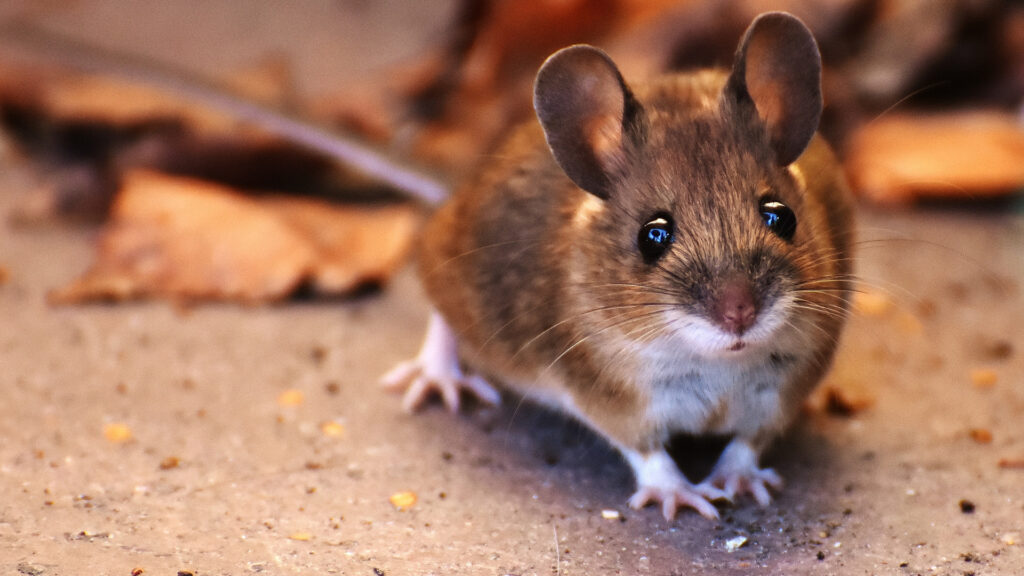
Does Leaving Your Car Hood Open Deter Mice?
Mice often run to the engine compartments of vehicles because they’re warm, dry, and enclosed.
Opening your hood allows your engine to cool faster and removes the source of shelter they’re longing to find. You want your engine compartment to be less than hospitable to rodents.
Additionally, leaving your car hood open increases light in the engine compartment. Mice and other critters enjoy spending time in the darkest spots they can find. Light under the hood will likely keep mice from seeking refuge and causing damage.
It’s important to note that leaving your car hood open can help, but it’s not always practical. It’s a solid option, but it’s not the only thing you can do to deter mice.
You can use this method as a part of a larger plan to keep mice away from your vehicle.
Signs You Have a Mouse in Your Car
You may notice several major signs of a mouse in your vehicle. Let’s see if you’re about to go to war with a mouse in your car.
Nest or Droppings
One of the most obvious signs of a mouse in your car is discovering a nest or droppings.
While nests are often in the engine compartment where it’s nice and warm, they’re not picky about where they leave their droppings. If you discover either of these, consider it a declaration of war.
Because these rodents can carry a variety of bacteria, always wear gloves, a mask, and eye protection when cleaning up after them.
Thoroughly clean your vehicle and remove all traces of the nest and droppings. Watch for any future droppings or nests during your war with them.
Damaged Interior
As mentioned, mice aren’t incredibly picky about what they gnaw on when looking for food or shelter.
They’ll chew through seat belts, carpets, and the fabric for your seats. If you’ve discovered any out-of-the-ordinary damages to your vehicle, it could result from a hungry mouse.
Unfortunately, this likely indicates they’re making themselves a home in your vehicle. You’ll have no choice but to roll up your sleeves and go to battle.
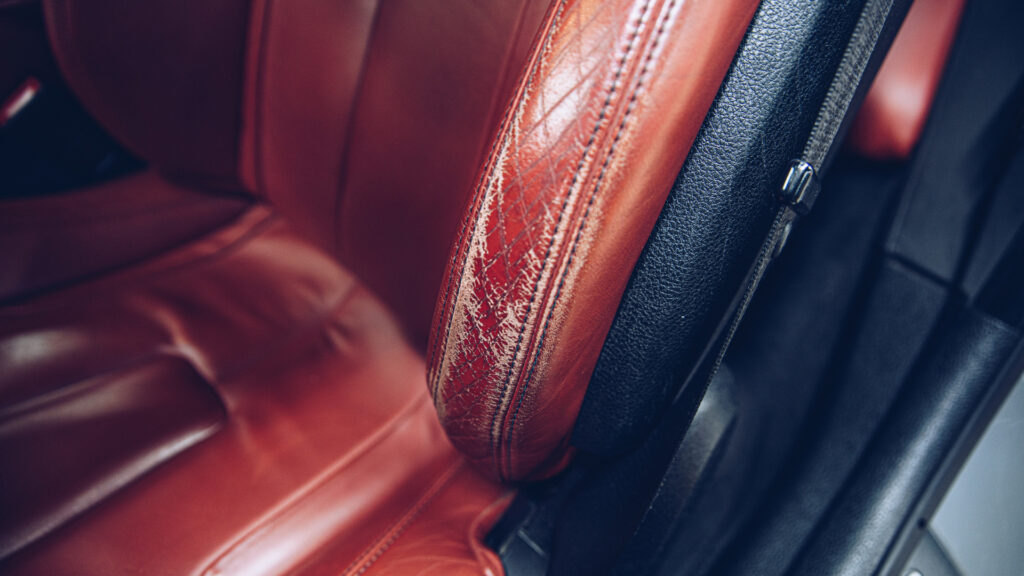
Missing Insulation
Just like humans, mice want a cozy and warm place to stay. Unfortunately, they’ll look for just about anything soft to create it.
They’ll often rip away at the insulation in vehicles and garages to create their nest. If you find missing insulation in or around your car, you have high odds that you have a problem with a mouse.
Mechanical Failures
Many drivers don’t realize they’re at war with a mouse until they cause a major problem. A pesky mouse could chew through a hose, wire, or other essential component and cause various issues.
You may notice a tremendous decrease in power or the efficiency of your vehicle. In the worst cases, your car may not even start.
Many of these pests enjoy the odors from the fluids used throughout the vehicle. They’ll do just about anything they can to get to them. Unfortunately, this includes doing a hit-and-run to the mechanical systems for your car.
Odd Odors
The air vents in your vehicle often run from the engine bay to the inside areas. In addition to getting air into your car, they make it easy for mice to travel throughout the cab.
Unfortunately, if mice do their business in your air vents, it will create a serious odor inside your vehicle. If you notice any strange odors or anything that smells out of place, it could be a mouse.
Tips for Deterring Mice from Your Car
Unless you want to become good friends with a mechanic, you want to keep mice away from your vehicle. Luckily, we’ll share some things you can do to help keep your vehicle safe. Let’s learn more!
Eliminate Sources of Food
Mice, like humans, depend on food for their survival. When they find it, they will create a shelter as close as possible to it. As a result, you want to eliminate any potential food sources from inside or around your vehicle.
If you want to keep mice away, one of the worst things you can do is store food inside your car. Ensure you quickly remove fast food bags, drinks, and other potential food sources.
Additionally, keep in mind what you store near your car. Many people store pet food in their garages, only a few feet from their vehicles. Mice love pet food and consider your car a safe place to munch on it.
Keep the Space Clean Around Your Vehicle
Whether you store your car inside or outside, you want to keep the space around it clean. Remove any junk or debris piles, which could easily become a home to various pests. You don’t want to give them any potential hiding places.
If you store it inside a garage, keep it tidy. You don’t want to give the mice any place to hide, and you want to easily see any evidence they leave behind. This can help you to tackle the issue before it becomes a major problem.
Keep in Mind: Do dryer sheets really work to keep mice away? Let’s find out!
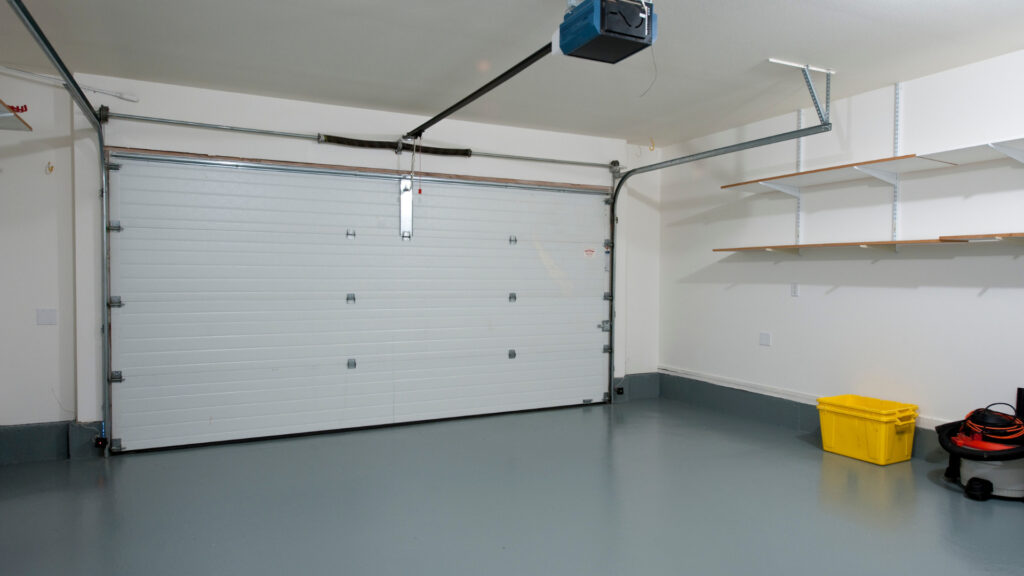
Drive Your Car Regularly
If your car sits for extended periods, it provides plenty of time for mice to make themselves at home. Those who know they won’t drive regularly should take extra precautions to keep mice away.
Even if you don’t have anywhere to go, take your vehicle for a Sunday drive to keep the mechanical components running smoothly and the mice away from it.
Use Repellent Products
You can use various repellent products to keep mice away from your vehicle. You can find electronic and scented items that drive rodents insane. However, it’s important to note that some of these products work better than others.
Scented items can quickly lose effectiveness, and rodents can grow accustomed to high-frequencies. Take the time to do your research when selecting these items and consider home remedy options.
In general, you must consistently use these items to avoid any issues with mice and your vehicles.
Keep in Mind: We found some of the best mice repellent options on the market for you to try!
Seal Holes
Sealing any holes is the best way to keep mice out of your vehicle. Unfortunately, most cars have a large hole in the bottom of the engine compartment, where mice typically access the interior. The next best option is to seal holes wherever you store your vehicle.
One of the best ways to do this is to close the space during the day and turn off any lights.
Look for any spots where you can see the light entering the garage. If the light gets in, a mouse can too. Walk around and seal up these holes with expanding foam and steel wool.
Set Traps
You can choose to use catch-and-release or kill traps. However, your feelings might change if the mice cause serious damage to your vehicle and bank account. If you decide to use catch-and-release traps, check them often.
Mice can typically go for a few days without food or water. However, you defeat the purpose of using catch-and-release traps if you don’t check them daily.
It won’t take long for the odors from a dead mouse to cause you to investigate the source of the smell.
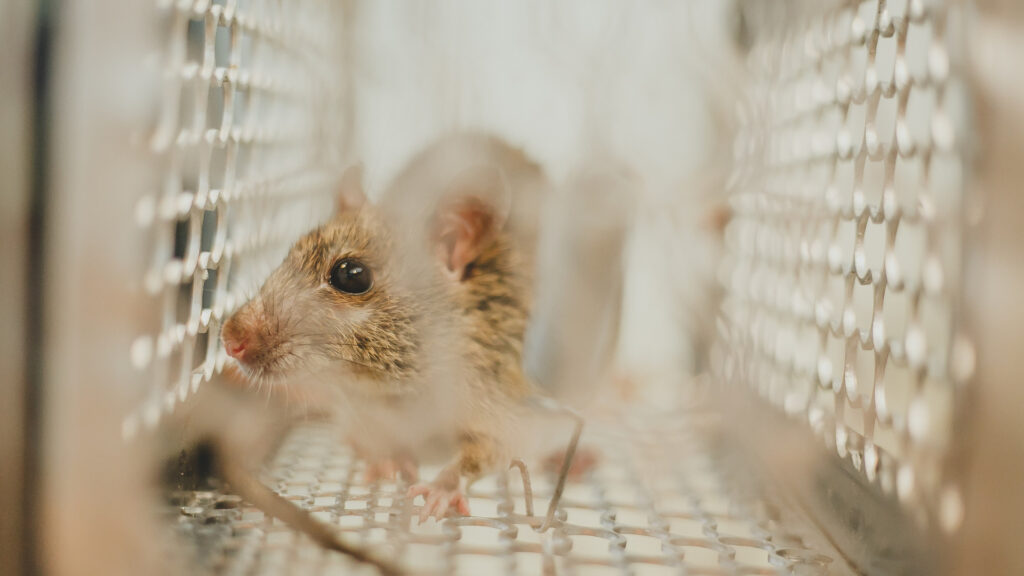
Increase Lighting
Mice are like criminals and like to do their dirty deeds in the dark.
As a result, it’s a good idea to increase the lighting around your vehicle. This could mean installing a security light or using rope lights around your car to keep them away from it.
Consider leaving a light on if you park in your garage. If you go this route, we encourage you to use energy-efficient light bulbs and place them on a timer. This can help you avoid wasting energy by turning it on and off during the day when it’s unnecessary.
Should You Leave Your Hood Open?
Leaving your hood open can help keep mice out of your engine compartment. However, it’s not the only thing you should do. In many instances, this act alone isn’t enough to make a difference.
You need to have a solid plan of attack for keeping mice out of your engine compartment, including increasing lighting and using repellents.
If you spot any indications of pests messing with your vehicle, take action immediately. These types of situations don’t typically get better with time. Ignoring them could result in a more serious issue.


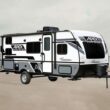

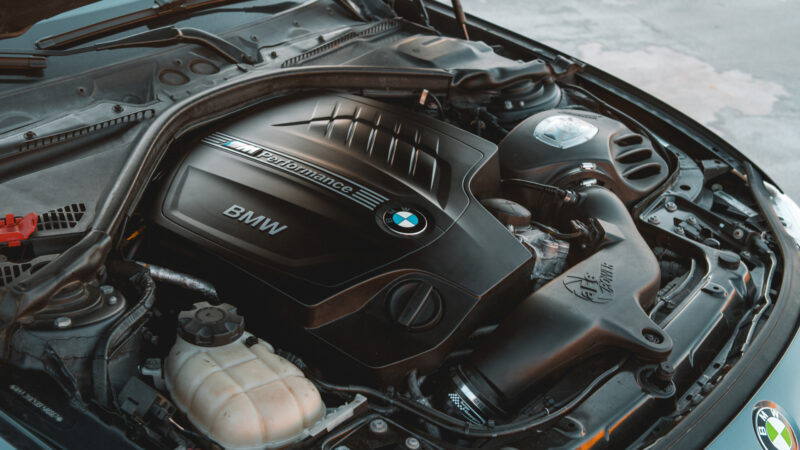
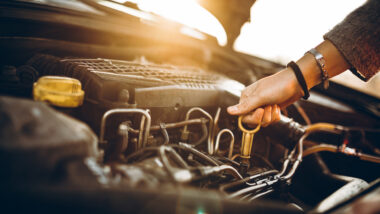
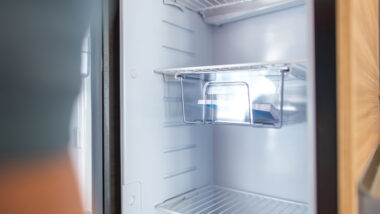
Unfortunately, the wire eating issue became more relevant when the auto manufacturers switched to a plant based wire insulation.